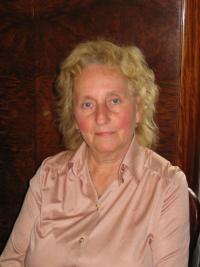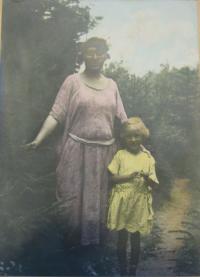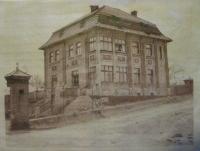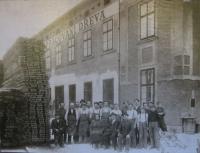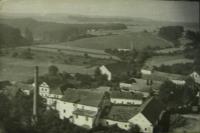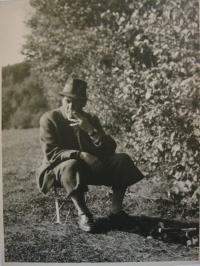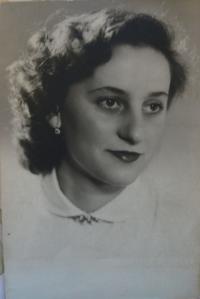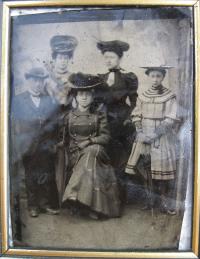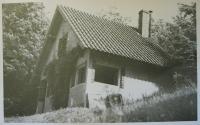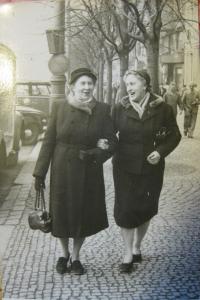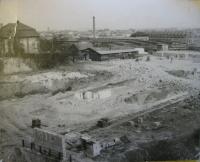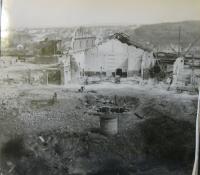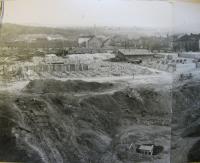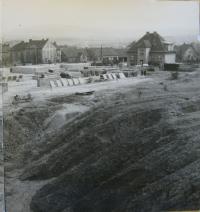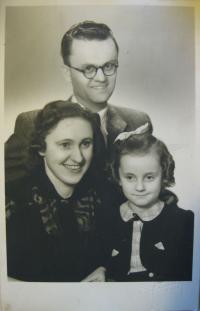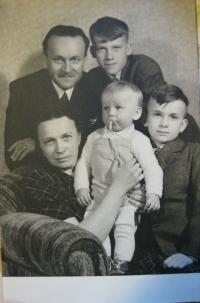We had to move out in 24 hours

Stáhnout obrázek
Eva Hauerová, née Švíglerová, was born on the 18th of September 1939 in Pilsen-Doudlevce. Her father, Václav Švígler, was the manager of a brickyard belonging to Baron Emil Škoda, where a number of Jews hid during the war to avoid being transported to their deaths. After the war, her father worked as the director of the West Bohemian Brickyards in Stod. The family moved to a house in Bory which had belonged to Eva‘s grandfather Rudolf Havel. Havel owned a wood works - this was nationalised after the 1948 communist coup. On the 1st of June 1953, Eva and her parents joined a demonstration against the monetary reform in Pilsen; they also witnessed the communist demolition of the monument to T G Masaryk, Czechoslovakia‘s first president. The Havels and the Švíglers were then evicted from their house in Pilsen under Operation B. They found harbour in their summer cottages in Dolany (now Hracholusky Reservoir). Václav Švígler‘s Czechoslovak Communist Party membership was no help - the eviction was punishment for participating in demonstrations, and the former factory-owner Havel was judged a capitalist with a bad view of the new state regime. Life in the holiday house was very difficult, there was no water or electricity. In the winter, the family was helped by some farmer friends from Dolany. They were not able to return to Pilsen until 1956. Eva Hauerová worked as a pastry cook, later gaining employment in the „Cigaretka“ facility of the Škoda Works.
